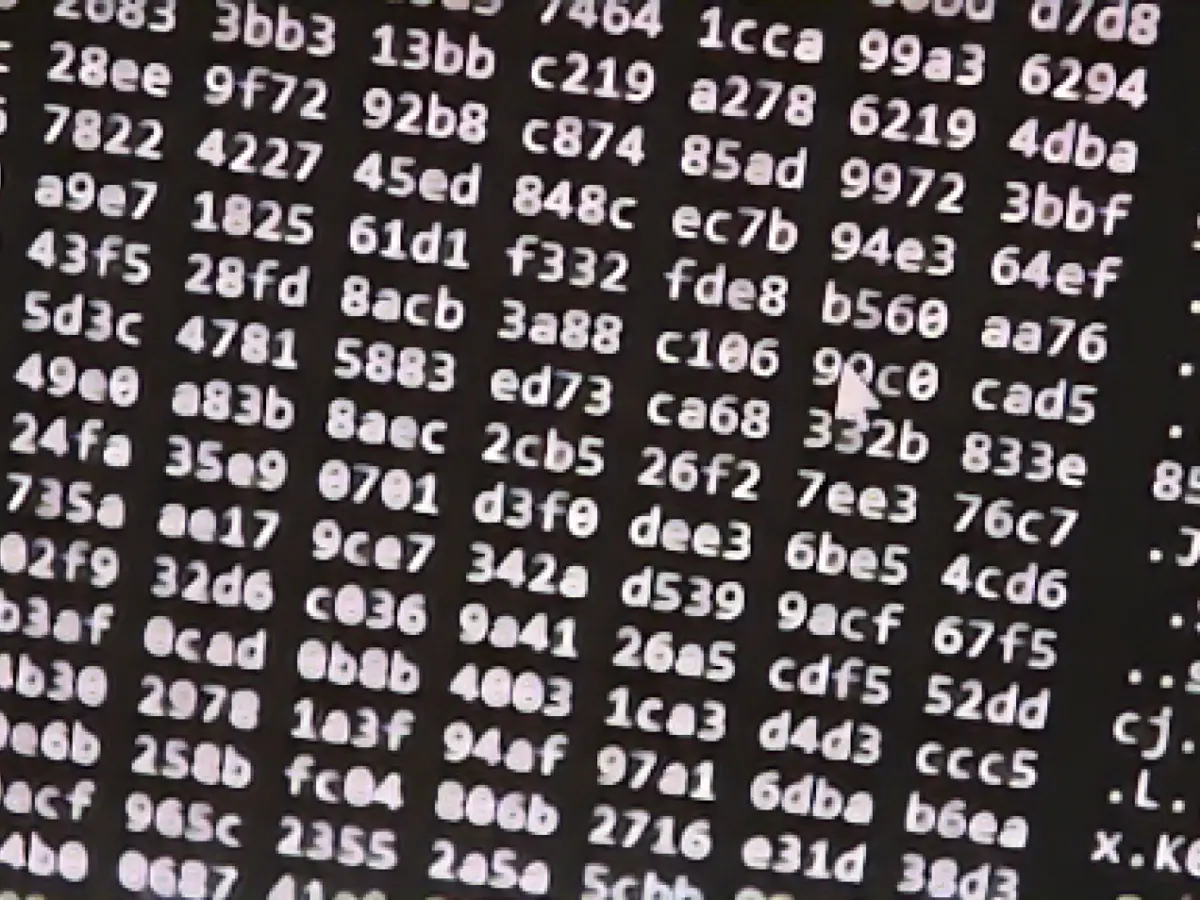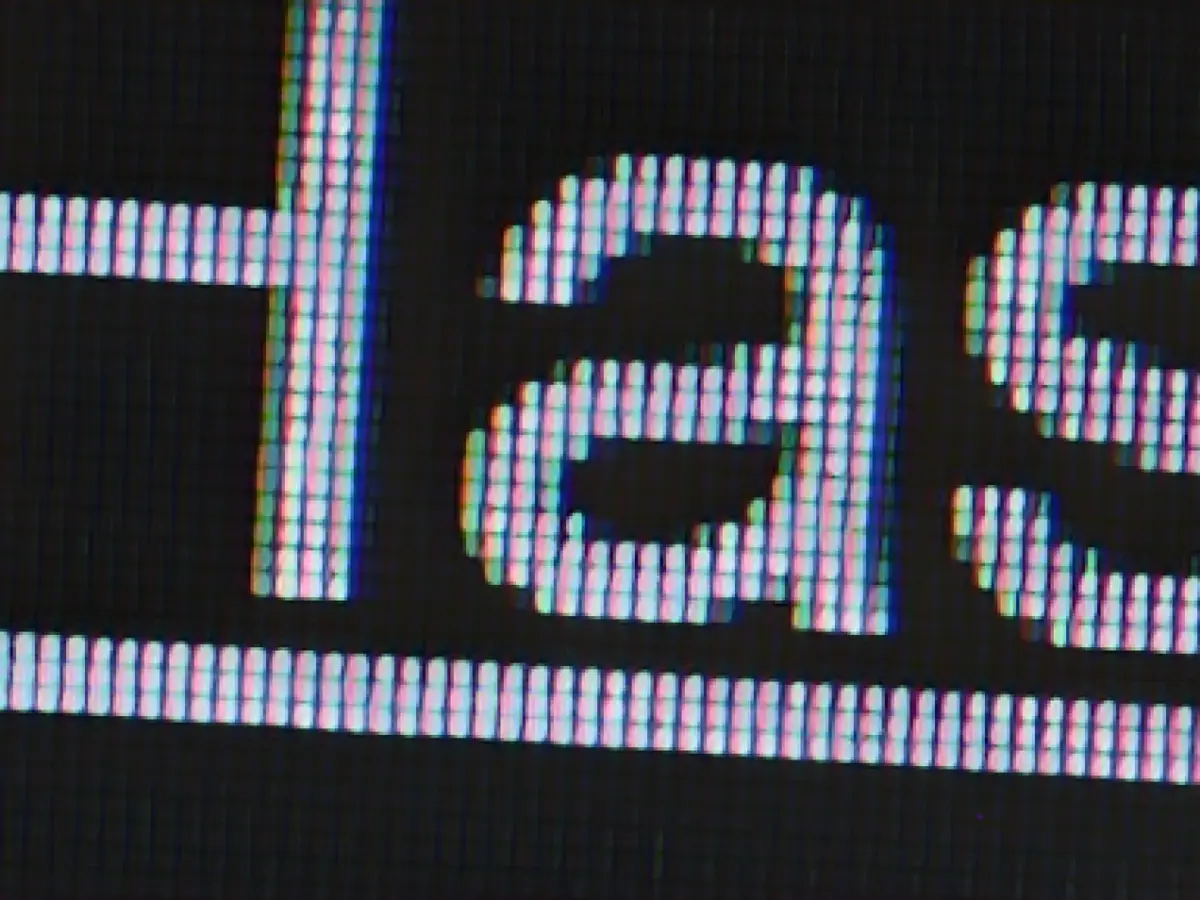Fighting Cybercrime at the State Level: LZC Processes Thousands of Investigations
In the digital age, cybercrime is on the rise. As digitalization grows, so does the potential for cyber-related crimes. This is a truth acknowledged by the head of the State Cybercrime Center (LZC) at the Koblenz Public Prosecutor General's Office, Senior Public Prosecutor Jörg Angerer. Despite not being able to provide a precise number of cases, Angerer confirmed that there have been several thousand investigations relating to cyber attacks processed through the LZC since its founding in October 2014.
Currently, ransomware attacks are a significant concern for the LZC, with these attacks targeting companies, public authorities, and private individuals in equal measure. In a ransomware attack, the attackers encrypt their victim's data and extort a ransom, often threatening to publish confidential data online if their demands are not met. Angerer reported that these attacks are being detected on a large scale.
The focus of the LZC is on cases involving critical infrastructures, which are considered particularly important and worthy of protection. Critical infrastructures represent a wide range of sectors, including hospitals and energy companies. These sectors are vital to society and, as a result, attacks on them can have severe consequences.
Moreover, Angerer observed an increasing shift of drug-related crime to the darknet. This trend necessitated the increased staffing of the LZC, which now consists of Senior Public Prosecutor Angerer, two other Senior Public Prosecutors, and two Public Prosecutors.
The LZC prioritizes investigations of significant importance, difficulty, or scope. The team employs a proactive approach, filtering out specific players within the network to subsequently investigate them. This technique ensures that proceedings are conducted against perpetrators who may have otherwise gone unprosecuted.
The value of the LZC to the public prosecutor's offices in Rhineland-Palatinate has been acknowledged by the attorney general's office. Local public prosecutors' offices typically respond differently to criminal complaints than the LZC, underlining the necessity of the specialized unit.
Enrichment Insights:
Cybercrime is a pressing concern both in Germany and globally. The Bundeskriminalamt (BKA) and Generalstaatsanwaltschaft Frankfurt am Main - Zentralstelle zur Bekämpfung der Internetkriminalität (ZIT) have been working together to combat cybercrime, collaborating with international law enforcement agencies to combat cybercrime platforms.
In addition to this collaborative effort, the Bundesamt für Sicherheit in der Informationstechnik (BSI) has emphasized the importance of cybersecurity, particularly with the introduction of the Cyber Resilience Act (CRA). This act aims to enhance the security of digital products and applications.
Ransomware attacks represent a significant threat, but companies and organizations are taking measures to combat this threat by implementing extensive cybersecurity measures, including the use of Computer Emergency Response Teams (CERTs).
Furthermore, intelligence and prevention are key factors in combating cybercrime. The Bundesinnenministerium has focused on both of these aspects, establishing a Task Force Islamismusprävention to combat online radicalization and intensifying bilateral police cooperation with countries like the Netherlands. The use of artificial intelligence (AI) is also becoming more prominent in cybersecurity, with the BSI exploring AI applications to optimize security processes.
Public awareness and education are also crucial in the fight against cybercrime. The BSI recommends the use of Passkeys for secure authentication, which is seen as a more secure alternative to traditional password-based systems. Education is essential in ensuring individuals and organizations can protect themselves against cyber threats effectively.
The LZC's role in the fight against cybercrime is evident. Its focus on cases involving critical infrastructures and its proactive approach to investigations contribute to the overall efforts to combat cybercrime in Germany. The collaboration between national and international law enforcement agencies, as well as the emphasis on cybersecurity measures and public awareness, are all essential components in the campaign against cybercrime.








